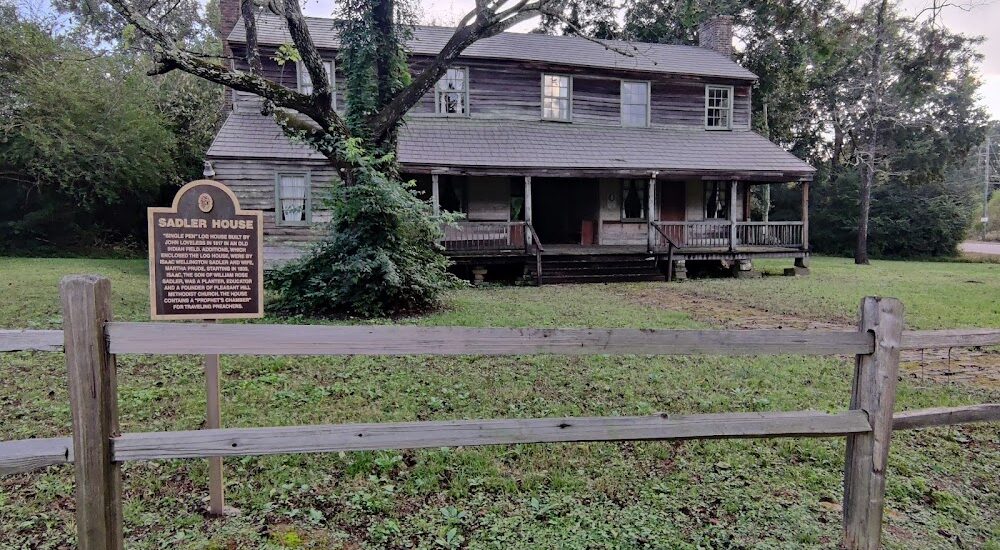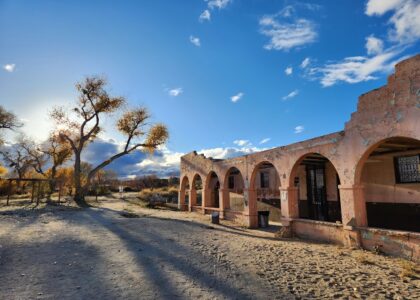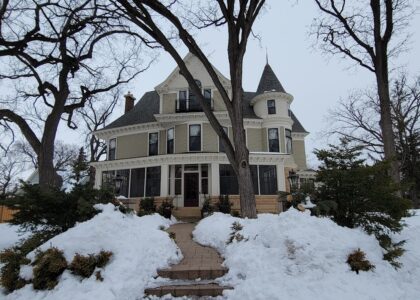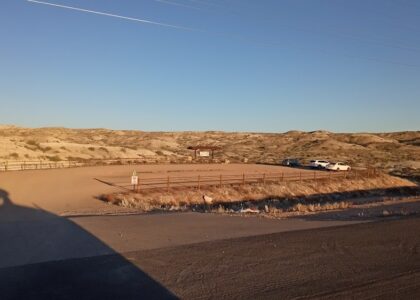Welcome to the Sadler Plantation House, a historical gem in McCalla, Alabama, with roots reaching back to the early 19th century. Imagine it’s the year 1817, and you’re in the heart of Alabama’s wilderness. A settler named John Loveless, fresh from South Carolina, decides to stake his claim here and builds a modest two-story log cabin. After Loveless’s passing, his widow sold the property to Isaac Wellington Sadler, who saw potential in this humble cabin.
Isaac Sadler was a man of vision and ambition. By 1830, he had expanded the house, effectively doubling its size. Fast forward thirty years, and the cabin had blossomed into a substantial plantation, sprawling over 2,800 acres. Sadler wasn’t just a planter; he was a community leader. He helped establish Pleasant Hill Academy and the Pleasant Hill Methodist Church, contributing significantly to the local educational and spiritual landscape.
Now, picture the tumultuous times of the Civil War. Union soldiers, known as Wilson’s Raiders, are sweeping through Alabama, leaving destruction in their wake. They target the nearby Tannehill Furnaces, but miraculously, the Sadler House is spared. Despite the Sadler family’s Confederate ties, the house remains untouched—a silent witness to the era’s turmoil.
By the 1970s, the house transitioned from a private residence to a public treasure. A descendant of the Sadler family, Mrs. Freddie S. Lipscomb, donated the house to the West Jefferson County Historical Society. Today, the house stands as a testament to Alabama’s rich and complex history, offering a glimpse into the life of those who walked its halls centuries ago.
As you explore the Sadler Plantation House, you’re not just visiting a building; you’re stepping into a story that spans generations. The towering pecan tree in the backyard, planted in 1852 when Isaac’s daughter Alice Eulalia Sadler was born, still stands—a living relic of the past.





